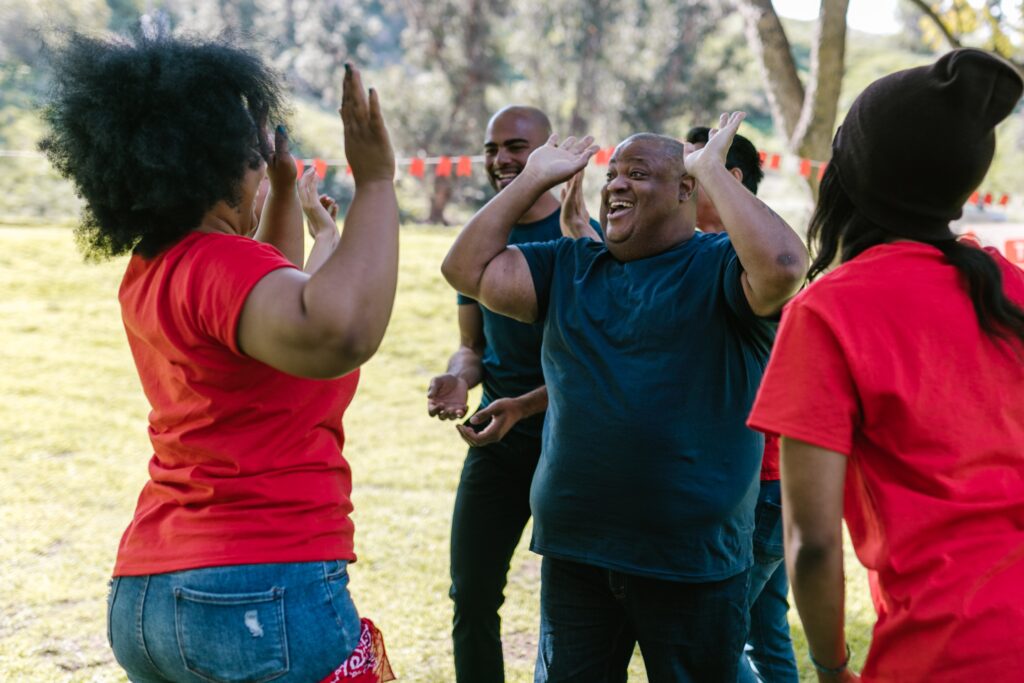Alison: When you grow up, your heart dies.
Bender: Who cares?
Alison: I care
Our world can be a scary place. Being a person is hard. The unnatural shifts in the cultural and biological components of our world can detach us from awareness and compassion, a potential pathway to a dying heart in a place of despair.
Almost thirty years ago, The Breakfast Club offered viewers a glimpse of the secret world of high school detention where a broken authority figure ruled over five teens from different backgrounds and a microcosm, snow globe peek into some people’s North American struggle for meaning that persists today.
A young teenager myself in the late 1980s, I saw my own internal tussles of identity and belonging reflected in those characters, as they struggled and squirmed in that liminal space between childhood and adulthood.
When you grow up, your heart dies. OOOF.
Those words still stir me up inside, calling to my internal little-girl-wee-one to defy grown-up-adult-land with a shout and a pout. Must we sacrifice our hearts for maturity and becoming?
Thich Nhat Hanh writes in The Heart of the Buddha’s Teaching: “Relax. It’s only a game.” Indeed, it is, this game of growing up and becoming, where we learn to communicate with the monsters in ourselves and others – but it’s a tricky game. The rules of the life game seem to change with our culture and the winds of the natural world, without any democratic discussion, and we find ourselves in a season of lost resources, gained hurts, and perceived failures.
How can we heal ourselves each day from the burdens we carry? What gives us permission to abandon the boulder we keep pushing up and down the mountain?

The response I find echoing in my grown-up heart (that I am happy to report is still very much alive despite the accumulation of 48 years): PLAY… play whenever you can, wherever you can, because when we play, we have an opportunity to put our adult self in time-out, allowing the little person in us who still marvels at snowflakes, creepy insects, and starry nights to make an appearance and remind us of our immortal essence. Play frees us from the burdens of culture and identity, inviting us to search and find, giggle and glow, and create a world separate from the one we typically occupy. We become magicians, pirates, queens, Lego masters, fuzzy critters, basketball stars, famous orators, rock stars, painters and sculptors and divine the secrets often lost as we have aged.
Consider the people we often feel inspired by, those in our daily lives who’ve retained their ornery eye sparkle, who provide us with an unexpected giggle in the middle of a crisis. They are ministers of merriment, presidents of play, distracting us from distress and opening our windows of tolerance just a little bit more. Play invites us to tap into our primitive selves, that ancient part who approaches the world with wonder and awe.
When we disrupt our daily cycles of doing with intentional and kind play, we bestow compassion to ourselves and others. We stop pushing the boulder up the mountain long enough to chat, create, and contemplate. Those moments are medicine for our hearts, healing the invisible bruises and stitching the cavernous cuts we often neglect in our awareness because we’re so busy DOING.
Show compassion for yourself each day: sing in the car and the shower, dance a jig in the hallway, doodle or play in the sand, laugh. Your heart will thank you for it.
Corby is a trauma therapist in a rural area of southwestern, Pennsylvania. She and her friends are working to create Therapeutic Healing Services, a cooperative of behavioral health clinicians dedicated to helping others live more compassionate lives. She is writing in her own capacity.
